Natural ADHD Supplements
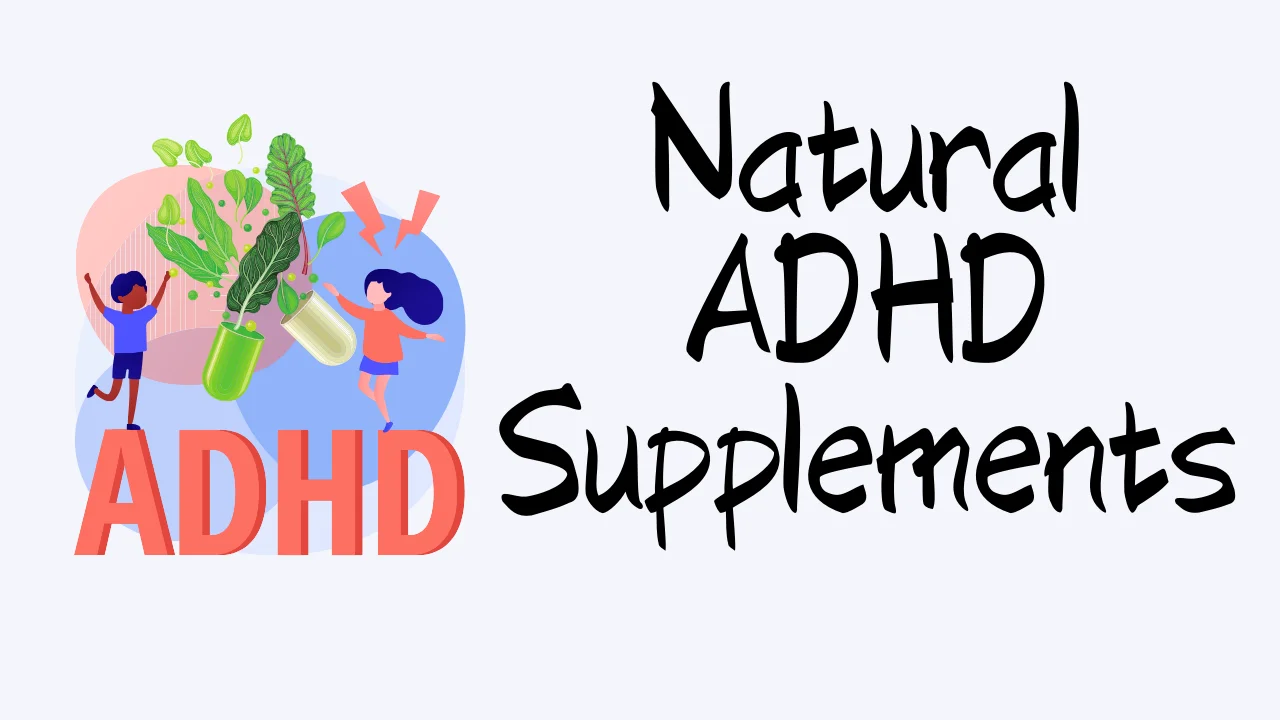
Attention-Deficit/Hyperactivity Disorder (ADHD) is a neurodevelopmental condition characterized by inattention, hyperactivity, and impulsivity. While traditional medications are the cornerstone of ADHD treatment, there is growing interest in the potential role of natural supplements as adjunct therapies.
These alternatives aim to alleviate symptoms through nutritional support and brain health enhancement. Unlike pharmacological treatments, natural supplements may offer a more holistic approach with fewer side effects. However, the efficacy of these supplements varies, and their interactions with ADHD medications warrant careful consideration.
In exploring the realm of natural ADHD supplements, it is essential to scrutinize factual data and empirical evidence. Supplements and vitamins can augment the symptom control provided by conventional ADHD therapies. Omega-3 fatty acids, for instance, have garnered attention for their promising impact on hyperactivity, attention, and impulsivity. This article will delve into various natural ADHD supplements, comparing them to traditional medications, and outlining how to integrate them into one s ADHD management strategy responsibly.
Understanding ADHD and the Role of Supplements
Attention-Deficit/Hyperactivity Disorder (ADHD) is a complex neurodevelopmental disorder that affects millions of individuals across the globe. Traditional pharmacological treatments, while effective, often come with side effects that can be challenging for some.
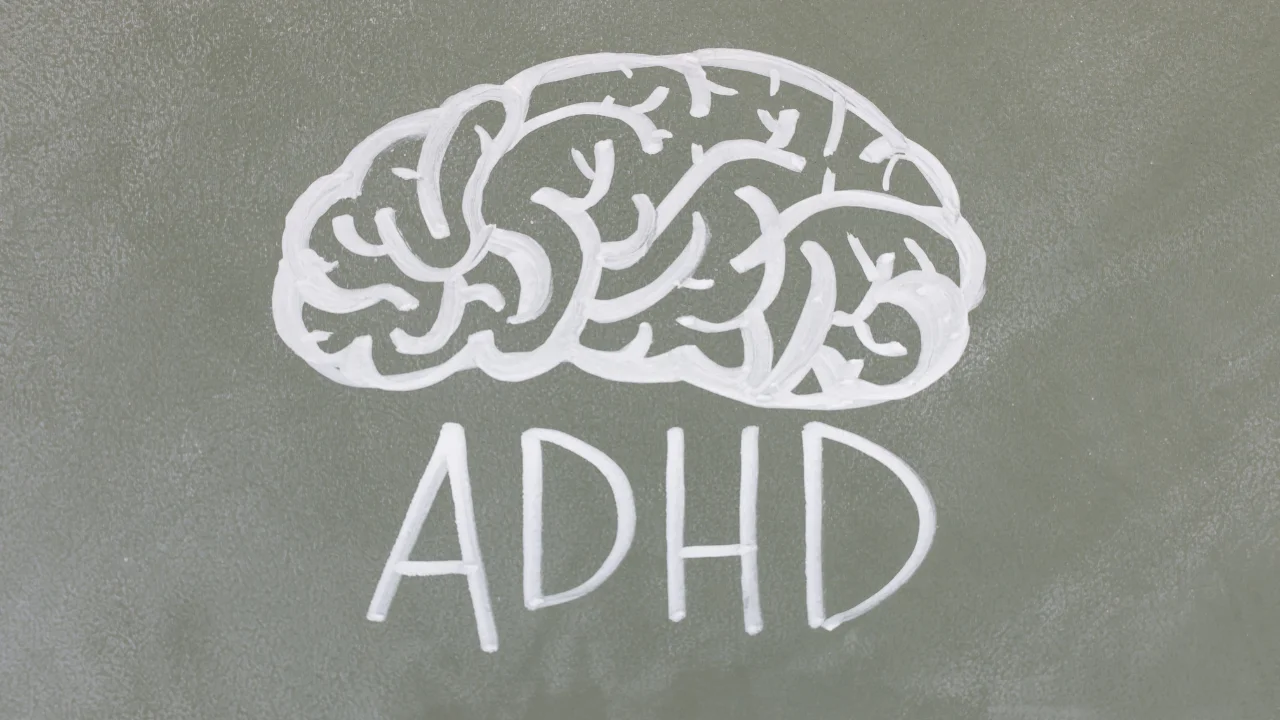
As a result, there has been an increased interest in complementary approaches, including natural supplements. These alternatives may offer milder effects and act as adjuncts to conventional medications. Supplements such as omega-3 fatty acids, zinc, and magnesium are not cure-alls but are considered by researchers for their potential to support overall brain health and improve symptoms associated with ADHD.
It is vital to examine factual data around such supplements to understand their role in symptom control. Empirical studies suggest that certain vitamins, minerals, and herbs can help to enhance areas such as inattention, memory, mood, and cognitive function. While these natural supplements are becoming more prominent in the ADHD community, it is crucial for individuals to approach them judiciously, ideally under the guidance of healthcare professionals.
Comparing Natural Supplements to Traditional Medications
When considering ADHD management, it's crucial to weigh the differences between natural supplements and traditional medications. Conventional drugs, such as stimulants, have a well-documented track record for improving core ADHD symptoms; however, they come with potential side effects, including appetite loss and sleep disturbances. They may not suit everyone and can sometimes lead to dependency issues.
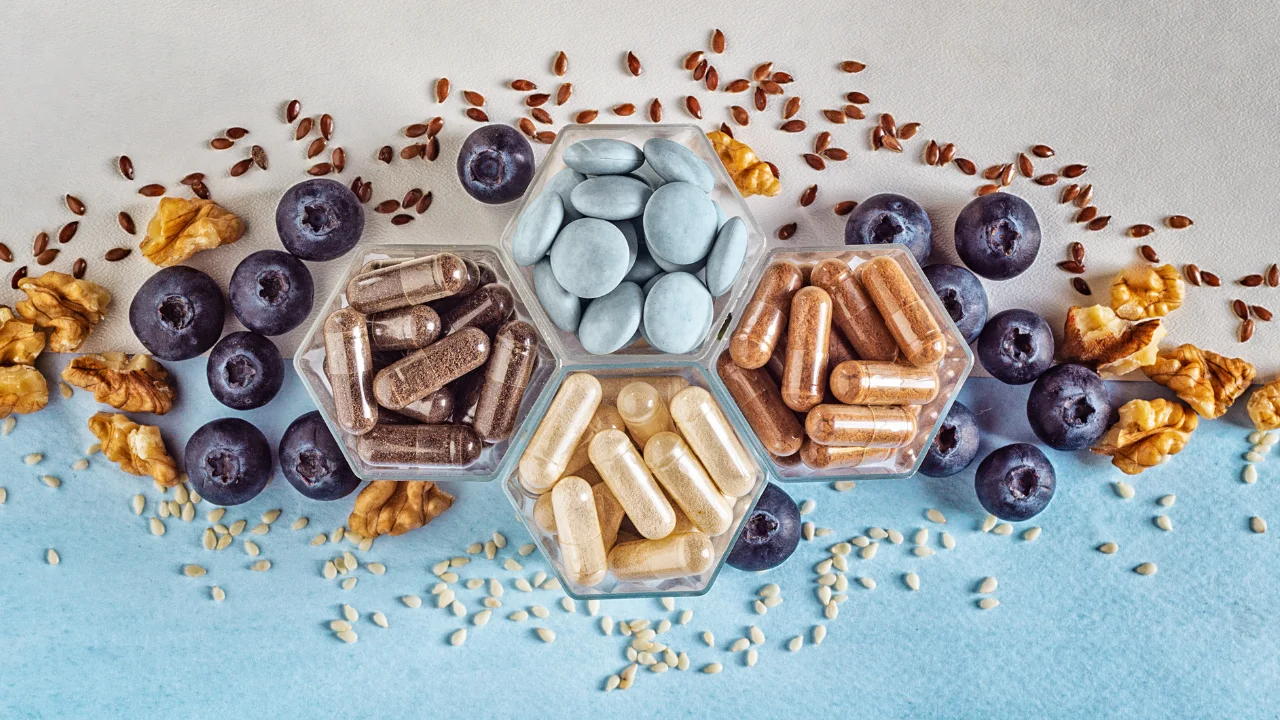
In contrast, natural supplements offer a gentler approach and are often associated with fewer side effects. Omega-3 fatty acids, for example, have amassed substantial empirical support suggesting benefits for hyperactivity and attention. While supplements may fall short in immediacy and intensity of effect compared to prescription options, they serve as a complementary choice for those seeking alternative or supportive treatments.
Critical consideration of factual data is pivotal when exploring these adjuncts to medication. Understanding the optimal dosages, efficacy, and safety profiles of supplements like zinc, magnesium, and specific herbal remedies is essential. Individuals should pursue these avenues under professional supervision to ensure a holistic and effective ADHD management plan.
Omega-3 Fatty Acids
Omega-3 fatty acids, typically delivered through fish oil, have amassed credibility as a notable supplement for ADHD. Scientific studies, including various meta-analyses, have highlighted the benefits particularly in areas such as hyperactivity, attention control, and impulsivity. These beneficial effects stem from omega-3's integral role in brain health, with EPA (eicosapentaenoic acid) and DHA (docosahexaenoic acid) being the specific types that show effectiveness in symptom management for ADHD.

Despite the promising outcomes associated with omega-3 supplementation, determining the ideal dosage presents a challenge. Clinicians and researchers grapple with the fact that while empirical evidence supports the use of these fatty acids, the precise quantities for maximum benefit remain under debate. Product labels typically list the amounts of EPA and DHA, allowing consumers to make informed decisions about their supplementation regimen. Nonetheless, it is suggested to consult with a healthcare professional to understand the most effective dosage tailored to individual needs, thereby ensuring both safety and efficacy in the management of ADHD symptoms.
Omega-3s and Brain Health in ADHD
Omega-3 fatty acids have been extensively studied for their positive impact on brain health, particularly for individuals with Attention-Deficit/Hyperactivity Disorder (ADHD). Known for their anti-inflammatory properties, both EPA and DHA, the essential omega-3 fats, are crucial for optimal brain function. They play pivotal roles in cell membrane health, ensuring fluidity and facilitating efficient communication between neurons.
Research suggests that supplementation with omega-3 fatty acids can lead to measurable improvements in ADHD symptoms, such as enhanced attention span, reduced hyperactivity, and better impulse control. Such benefits are likely due to the integral part these fats play in modulating neurotransmitter pathways, synaptic plasticity, and cerebral blood flow, all attributes that influence cognitive processes.
However, factual data indicates that pinpointing the precise dosage for symptom control remains a topic of ongoing investigation. Patients and their families should seek guidance from medical professionals who can provide personalized advice based on individual needs. This approach helps ensure a successful supplementation strategy that complements traditional medication, offering a holistic avenue to manage and alleviate ADHD symptoms.
Recommended Sources of Omega-3 for ADHD
Omega-3 fatty acids are critical for brain health, and their role in managing ADHD symptoms has been supported by multiple studies. For individuals with ADHD, obtaining an adequate amount of these nutrients is imperative. While the body can't produce them, omega-3s can be sourced from food or supplements.
The two key types of omega-3s are EPA (eicosapentaenoic acid) and DHA (docosahexaenoic acid), commonly found in fish oil. For those seeking natural sources, fatty fish such as salmon, mackerel, sardines, and albacore tuna are rich in these fatty acids. Alternatively, vegan sources like flaxseeds, chia seeds, and walnuts provide ALA (alpha-linolenic acid), which the body partially converts to EPA and DHA.
Supplementation can also be considered, especially when dietary sources are insufficient or unavailable. High-quality fish oil supplements, verified for purity and sustainability, can provide a convenient and measurable way to increase omega-3 intake. Vegetarian and vegan options derived from algae are available for those who do not consume fish.
Factual data indicates that determining the optimal dosage is key, so consulting with a healthcare provider is recommended to establish a suitable regimen tailored to individual needs.
Zinc and Magnesium
Zinc and magnesium play crucial roles in neuropsychological health and function, especially for individuals with ADHD. Factual data supports the significance of these minerals in managing ADHD symptoms. Research suggests that a deficiency in zinc may disrupt the optimal performance of neurotransmitter systems, potentially exacerbating inattention and impulsivity.
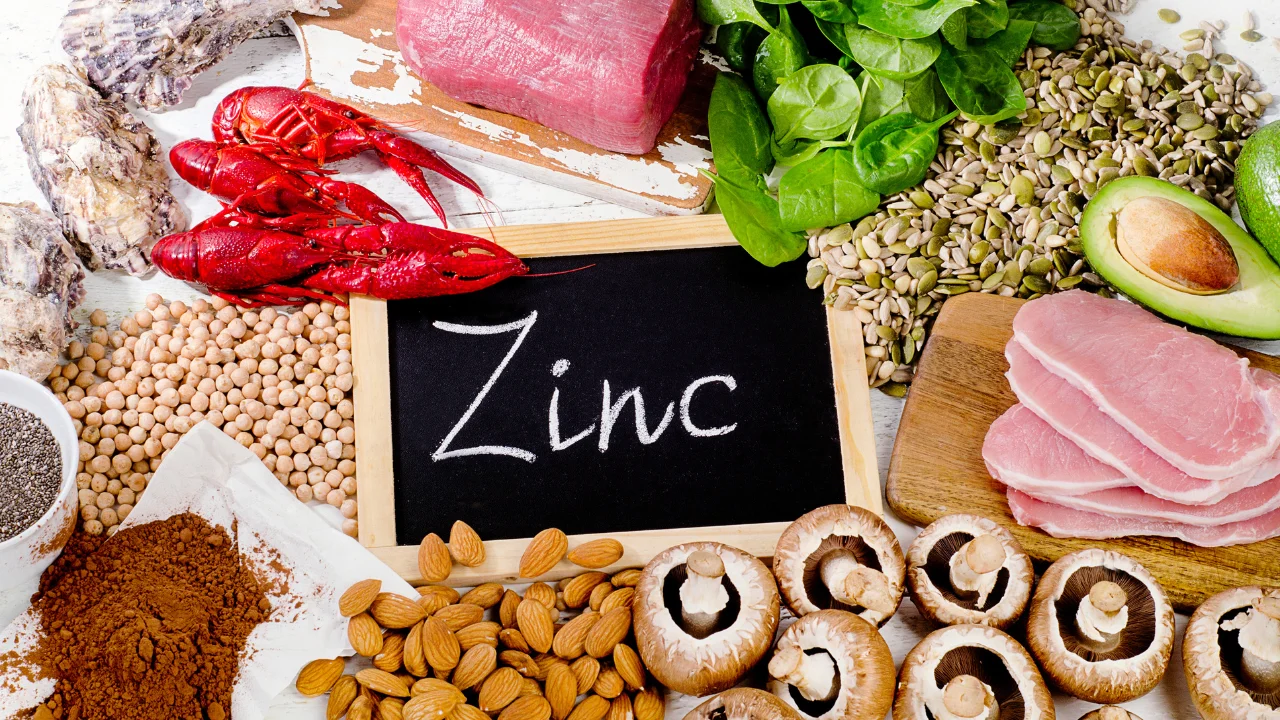
Similarly, magnesium contributes to more than 300 metabolic processes and is important for brain function, regulating neurotransmitters that influence focus and calm.
Effective dosage and sources for these minerals are essential to consider. For zinc, recommended daily allowances usually range from 11 mg for adult men to 8 mg for adult women, with higher doses potentially beneficial for those with ADHD. Natural sources include oysters, beef, pumpkin seeds, and cashews. As for magnesium, adults typically require between 310 to 420 mg per day, accessible through spinach, almonds, black beans, and whole wheat.
Before integrating supplements into your regimen, consulting with a healthcare professional is advisable. They can aid in determining optimal dosages and examine the implications alongside existing medications or conditions. Supplements should be viewed as complements, not replacements, to a balanced diet and traditional ADHD treatments.
The Importance of Minerals in Managing ADHD Symptoms
Zinc and magnesium are pivotal to neuropsychological well-being, particularly in those diagnosed with ADHD. Factual data underscores their significance in symptom management. Adequate levels of zinc are associated with the modulation of neurotransmitter systems that can influence key aspects of attention and impulsivity.

A deficiency might impede these crucial neural pathways, exacerbating symptoms of inattention in individuals.
Magnesium's expansive role in over 300 enzymatic reactions underscores its importance in brain health and the regulation of neurotransmitters responsible for focus and calm. For people with ADHD, these minerals may become essential components of a broader supplement strategy aimed at optimizing brain function and mitigating the challenges presented by the disorder.
Incorporating these minerals into daily dietary intake could potentially contribute to symptom relief and improved cognitive function. However, it is advised to initiate any supplement regime in consultation with healthcare providers to determine appropriate dosages tailored to individual needs.
Effective Dosage and Sources of Zinc and Magnesium
In managing ADHD symptoms, it's crucial to know the effective dosages and sources of minerals like zinc and magnesium. Clinically, adults with ADHD may benefit from zinc supplementation within a range of 15 to 30 milligrams daily, depending on individual needs and dietary intake. For magnesium, a recommended dosage can span from 200 to 500 milligrams daily. These dosages can vary widely based on age, weight, and severity of deficiency, hence the importance of consulting a healthcare provider before administering supplements.
Factual data suggests that dietary sources can also richly supply these minerals. For zinc, one might consider oysters, red meat, poultry, beans, nuts, and whole grains. Magnesium is abundant in leafy greens, nuts, seeds, and whole grains. Given the extensive role these minerals play in neurotransmitter function and overall brain health, they stand out as fundamental options among natural ADHD supplements.
When considering supplementation, high-quality preparations that clearly state the sourcing and concentration of the active ingredients are preferred. Users should seek products with minimal additives to ensure purity and potency of the supplementation regimen.
Herbals and Botanicals
As the search for natural ADHD supplements progresses, herbals and botanicals have captured significant attention. Ginkgo biloba, long venerated for its cognitive enhancement properties, plays a considerable role in this area. Scientific research, though not conclusively definitive, suggests that certain compounds within Ginkgo biloba may assist in improving attention and executive function in individuals with ADHD.

Bacopa monnieri is another plant-based supplement associated with possible cognitive benefits, including memory enhancement and increased processing speed. This botanical is a staple in Ayurvedic medicine and is heralded for its adaptogenic properties potentially aiding the body's resistance to stress and balancing neurological function.
For those considering these herbal options, it's important to note that factual data on the efficacy and safety of such supplements varies. Therefore, when integrating these herbs into an ADHD management plan, consultation with a healthcare professional is essential. This ensures a personalized approach that harmoniously complements established treatments and dietary regimens.
Ginkgo Biloba and ADHD

Ginkgo Biloba is a herbal remedy often discussed within the context of ADHD management. Preliminary studies suggest that it may enhance cognitive functioning for individuals experiencing the symptoms of this condition. The active components in Ginkgo Biloba, flavonoids and terpenoids, are believed to possess antioxidant properties that can benefit brain health potentially aiding in improving attention and executive functions.
Effectiveness and Considerations:
While factual data suggest benefits, findings remain inconclusive, mandating further investigation to fully establish Ginkgo Biloba's role in ADHD symptom management. Healthcare professionals often underline the importance of considering individual responses to such supplements; what proves effective for one person may not yield the same results for another.
Bacopa Monnieri as a Cognitive Enhancer

Bacopa Monnieri, an herb long celebrated in Ayurvedic medicine for its cognitive-enhancing properties, has caught the attention of modern science. Clinical studies hint at its potential to support memory function, attention span, and overall brain health, which are areas often compromised in individuals with ADHD.
Cognitive Enhancement Benefits:
- Component: Potential Cognitive Benefit
- Bacosides: Antioxidant activity; neuroprotection
- Saponins: Improve neurotransmitter function
Due to its adaptogenic effects, Bacopa Monnieri might alleviate stress and anxiety, secondary factors that exacerbate ADHD symptoms. The factual data gathered from various studies lend credence to its therapeutic value, pointing to improved cognitive outcomes when used regularly.
In the context of ADHD, where the processing speed and information retention can be challenging, incorporating Bacopa Monnieri as a supplement may offer a complementary approach to conventional treatments. However, professional advice is imperative to ensure its appropriateness and to determine an effective dosage. With a noteworthy profile in cognitive enhancement, Bacopa Monnieri stands as a promising natural ally in the management of ADHD.
Dietary Changes and ADHD
Incorporating dietary modifications can have a remarkable impact on ADHD symptoms. Factual data implies that what individuals consume affects brain functions pivotal for focus and self-regulation. Strategies like adhering to a balanced diet rich in proteins, complex carbohydrates, and whole grains are beneficial. Ensuring consistent meal times also helps regulate blood sugar levels, which can influence cognitive performance and mood.
Moreover, specific diets aimed at eliminating additives, preservatives, and potential allergens might alleviate ADHD symptoms in certain cases. Such dietary interventions should be personalized and often require guidance from a nutrition expert or healthcare provider to maintain nutritional adequacy.
Professionals also recommend incorporating nutrient-dense foods that can support brain health, such as those high in omega-3 fatty acids, and reducing sugar and processed foods which could exacerbate hyperactivity and inattention. Transitioning to these ADHD-friendly dietary practices demands commitment, but the potential to enhance symptom control provides a compelling rationale for those seeking natural therapeutic options.
The Impact of Diet on ADHD
The correlation between dietary intake and the management of ADHD symptoms is increasingly supported by factual data. Nutritional choices are thought to play a crucial role in brain function, which in turn influences attention, cognitive processing, and self-regulation key areas affected by ADHD. Embracing a diet rich in proteins, complex carbohydrates, and whole grains can bring significant improvements. These foods help stabilize blood sugar levels, providing consistent energy and maintaining mood regulation throughout the day.
Additionally, some studies suggest that eliminating food additives, preservatives, and common allergens may reduce ADHD symptoms for certain individuals, though results can vary. Given the unique dietary needs and sensitivities of each person, it's imperative to consult healthcare professionals before implementing such changes.
Transitioning to a diet that includes nutrient-dense foods may also be beneficial. Foods high in omega-3 fatty acids, for instance, have been linked to better brain health. Conversely, reducing the intake of sugar and processed foods can help mitigate hyperactivity and inattention. With a well-planned approach to dietary adjustments, individuals with ADHD may experience a noteworthy enhancement in symptom management and overall well-being.
Strategies for Implementing ADHD-Friendly Dietary Habits

Adopting ADHD-friendly dietary habits requires a strategic approach, ensuring individuals can sustain changes while enjoying a diverse, nutrient-rich diet. Firstly, it's essential to plan meals around protein sources and complex carbohydrates these provide steady energy and help regulate neurotransmitter levels. Incorporating omega-3-rich foods like salmon or fortified eggs can further support brain health.
Maintaining a schedule for meals and snacks stabilizes blood sugar and prevents mood swings. It's also beneficial to prepare food in advance to avoid the temptation of convenient, processed options. Introducing foods gradually and allowing the individual to become accustomed to new flavors and textures can be more effective than making abrupt changes.
Keeping a food diary assists in identifying any correlations between dietary patterns and ADHD symptom intensity.
Lastly, involving a healthcare professional in the planning process can provide personalized recommendations and ensure nutritional adequacy. An ADHD-friendly diet can be an empowering tool that complements other treatment strategies for managing symptoms effectively.
Conclusion
Summarizing the efficacy of natural ADHD supplements has shown that a combination of omega-3 fatty acids, essential minerals like zinc and magnesium, along with specific herbs and botanicals, can potentially augment the management of ADHD symptoms. However, while the factual data supports the use of these supplements for symptom control, it's crucial to approach their use with careful consideration. It's noted that omega-3s have the best research backing, especially relating to improvements in hyperactivity, attention, and impulsivity.
Prior to integrating any natural supplements into one's regimen, it is advisable to consult with a healthcare professional. This ensures that the chosen supplements complement existing treatments and that dosages are appropriate. Individuals should also bear in mind that natural supplements are not a replacement for traditional ADHD medications, but rather an adjunct that may enhance overall cognitive function and symptom management. With informed choices and professional guidance, those impacted by ADHD can navigate the plethora of available options and find supplementary support that aligns with their unique health profiles.
Summarizing the Efficacy of Natural ADHD Supplements
The effectiveness of natural supplements for ADHD symptom control has been corroborated by factual data emanating from research studies. Omega-3 fatty acids, for instance, have consistently demonstrated benefits, especially in reducing hyperactivity and bolstering attention and impulsivity management. The critical constituents of omega-3s, EPA and DHA, have gained recognition for their positive impact on brain health.
Minerals like zinc and magnesium have also been identified as valuable in alleviating symptoms of ADHD. Their role in neurotransmitter regulation and neural function underscores their importance in a well-rounded management plan. In addition to these micronutrients, certain herbs and botanicals like Ginkgo Biloba and Bacopa Monnieri have emerged as cognitive enhancers, although more research is needed to conclusively affirm their benefits.
Individuals considering natural supplements for ADHD should engage with healthcare professionals to determine the appropriate dosage and to ensure these supplements are harmoniously integrated with their current treatments. These natural avenues hold promise for contributing to more comprehensive ADHD management strategies.
Guidelines for Choosing the Right Supplement and Consultation Reminders
Selecting the right natural supplement for ADHD can be pivotal in managing symptoms effectively. When navigating through the multitude of options, it is critical to focus on factual data and consult reliable sources to ascertain the efficacy and safety of various supplements and vitamins. Always prioritize products with evidence-backed ingredients such as Omega-3 fatty acids, which have been subjected to rigorous studies.
When determining the appropriate supplement, consider both the type and dosage. The significant omega-3 components, EPA and DHA, should be listed and present in substantial amounts on the labels of prospective choices. For minerals like zinc and magnesium, recommended dosages based on clinical studies should guide usage.
Interaction with existing medications is another key aspect to consider. Therefore, individuals are firmly reminded to schedule consultations with healthcare professionals before commencing any new supplement regime. This step ensures that any potential side effects are anticipated, allowing for a tailored approach that complements one's specific healthcare plan.
Take Charge of
Your Brain Health Today!
Shop Now!
Similar Articles:
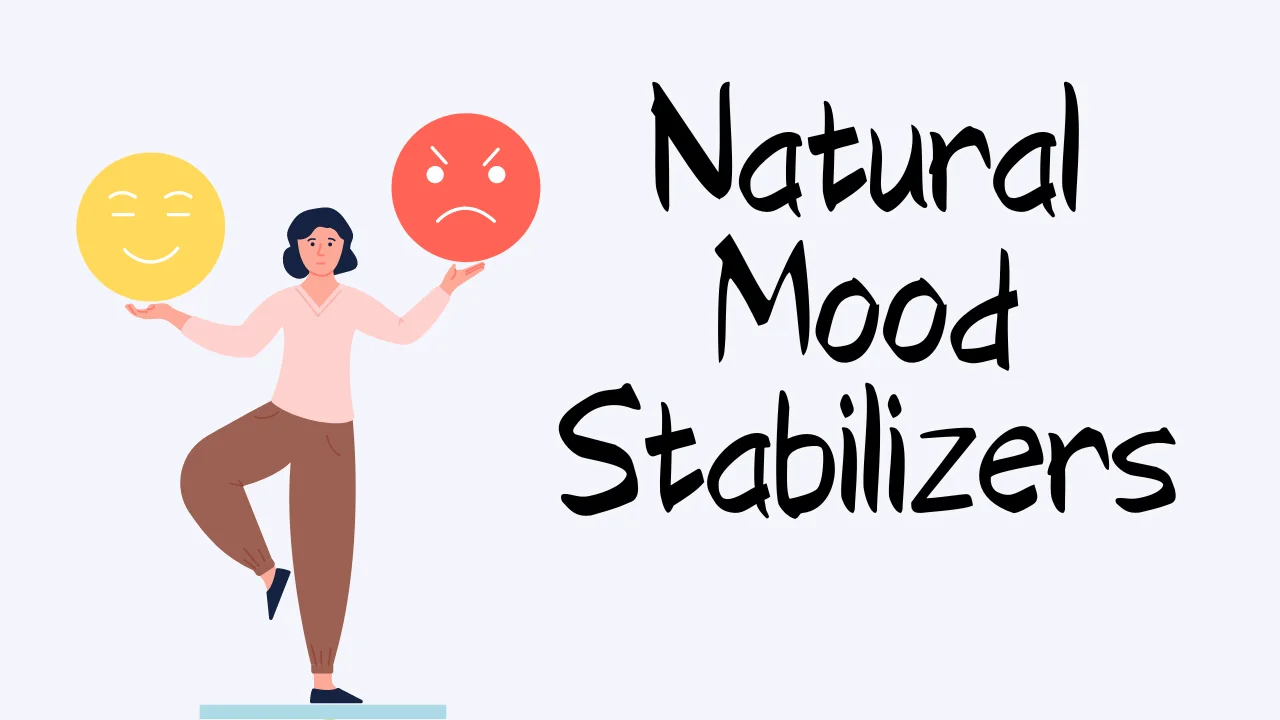
Natural Mood Stabilizers
Natural mood stabilizers have been gaining attention for their potential to manage mood fluctuations without...
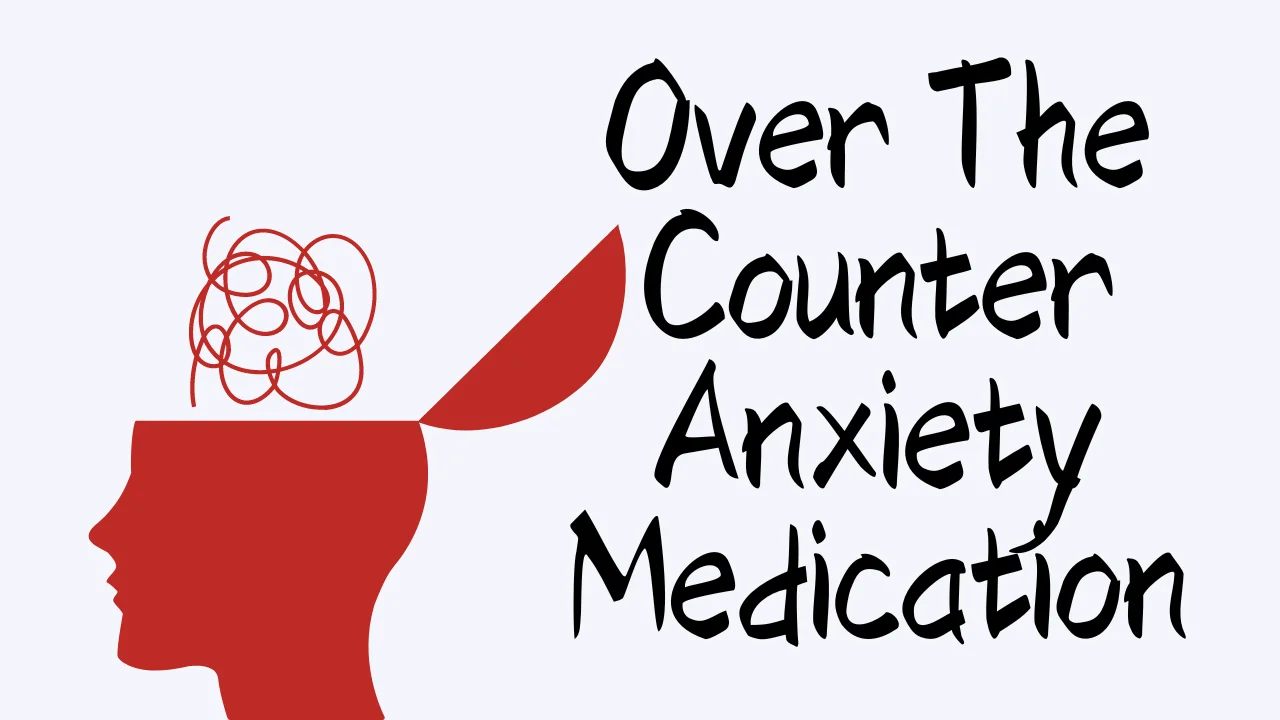
Over The Counter Anxiety Medication
Anxiety is a common mental health issue that can have a significant impact on daily life...
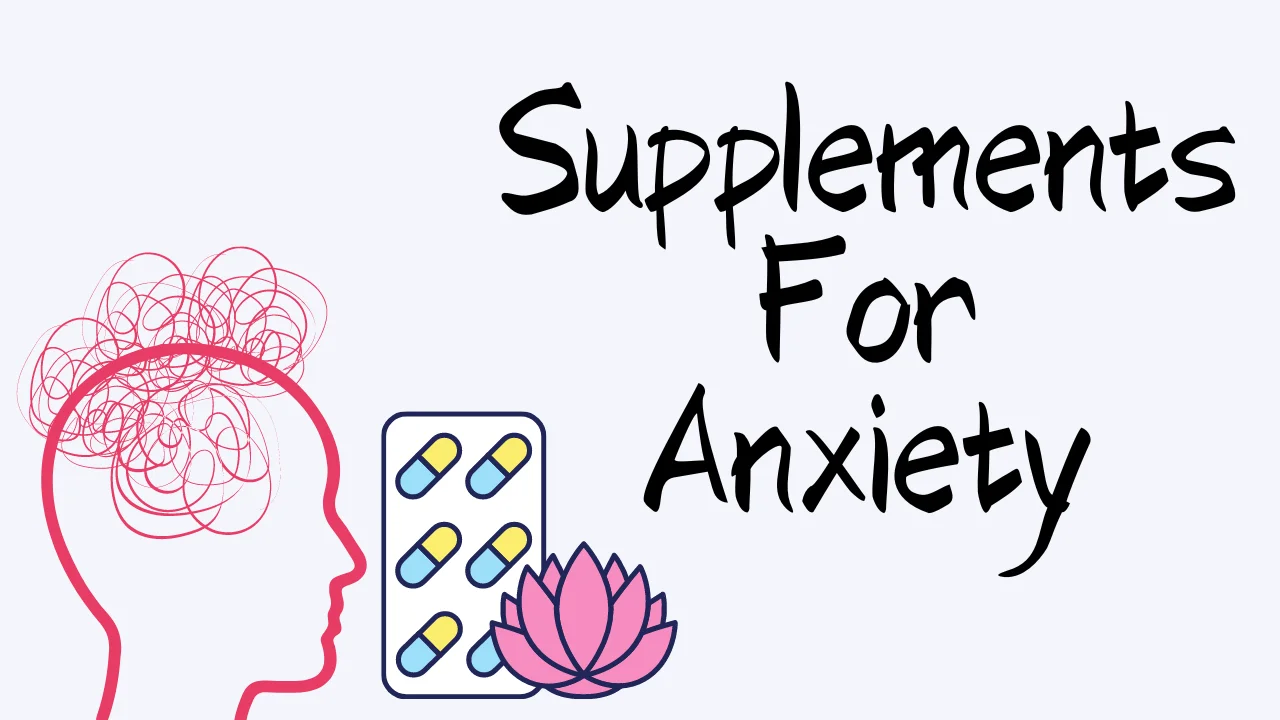
Supplements For Anxiety
As we delve into natural remedies for anxiety, it's crucial to consider the holistic approach that...